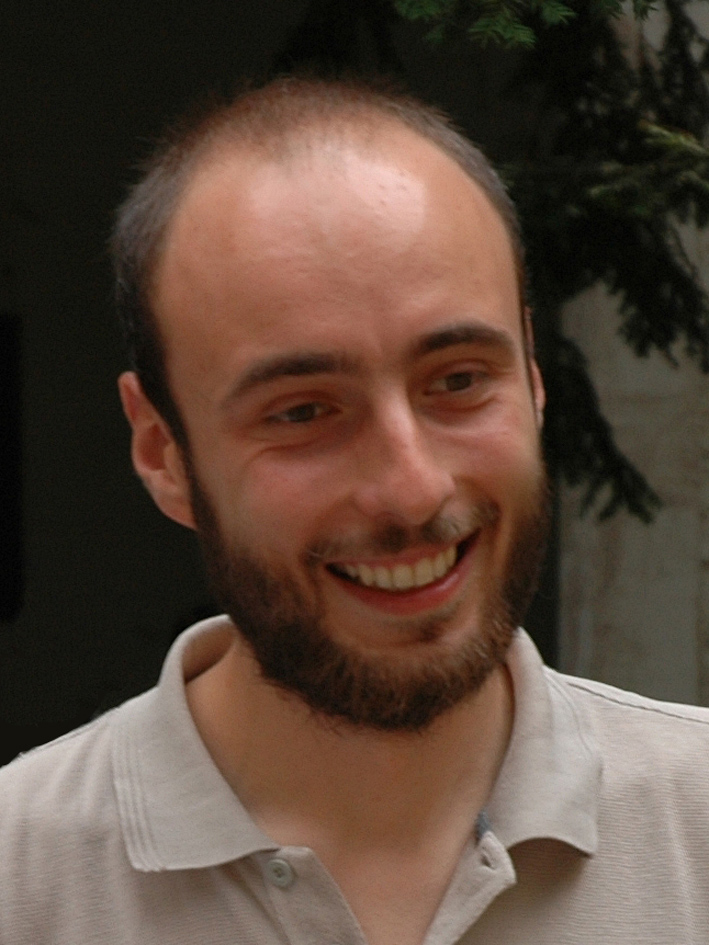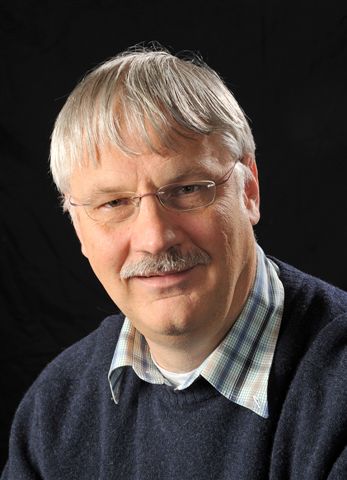Keynote
Modern Security Analytics: Finding a Needle in the Hay Blower
Martin Rehak, principal engineer with Cisco Systems, lecturer at Czech Technical University
Slides from keynote talk: download here
Abstract
Detection of advanced security threats is one of the exciting problems of current computer science. The field, which has been traditionally considered an art, rather than science, has been undergoing major transformation due to the rapid evolution of attacks staged by government actors and organised crime, rather than the hobbyists and enthusiasts from the past. In order to keep the pace with the attackers, a mix of approaches from machine learning, "big data analytics", game theory and distributed computing is necessary to deliver a robust, scalable and affordable solution to this problem.
The talk will concentrate on the stream analytics, i.e. the application of highly efficient machine learning methods to data in flight, prior to their serialisation and more in-depth analytics steps. We will follow one case of malware detection on its path through the system, and we will also show that a bit of an art is still necessary to make science work in highly adversarial environment.
Bio
 Martin Rehak is currently a principal engineer with Cisco Systems and lecturer at Czech Technical University, working in the domains of network security, anomaly detection and machine learning applied to security problems in general.
Martin Rehak is currently a principal engineer with Cisco Systems and lecturer at Czech Technical University, working in the domains of network security, anomaly detection and machine learning applied to security problems in general.
Prior to his current role, Martin was a CEO&CTO of Cognitive Security since its creation until the acquisition by Cisco Systems in 2013, where he led the design, productization of innovative Network Behavior Analysis solution and built a VC-funded company around the innovative technology. In the past, he was a full-time researcher with Agent Technology Center, where he worked on a number of projects in the domain of multi-agent systems, trust management, distributed planning and scheduling and distributed optimization. Prior to his CTU position, Martin was with Schlumberger Smartcards (now Gemalto), where he was working on definition, design and integration of novel location-based and other value added services for major European and African operators.
Martin holds an engineering degree from Ecole Centrale Paris and a Ph.D. in AI from CTU in Prague. He has authored or co-authored more than 70 papers in the field of network security, anomaly detection and multi-agent systems.
Education Session Talk
Where to Publish?
Aiko Pras, University of Twente, The Netherlands
Slides from education session talk: download here
Abstract
In this talk we stress the importance of publishing your research
results at the right venues. First we identify the workshops,
conferences, magazines and journals in the area of network and systems
management, but also in the broader networking area. We will discuss the
quality of some of our conferences and journals, as perceived by experts
in our field, as well as people outside our area. In addition we present
acceptance rates, acceptance procedures, conference and journal
rankings, as well as impact factors. Although some Ph.D. students may
believe that a main goal is to publish as many papers as possible, this
talk will stress that there are other important metrics, such as
some key venues and the number of citations. We will discuss the pros
and cons of the H-index, a metric that is currently quite popular for
judging quality of people as well as conferences, but has several
limitations. The talk concludes with explaining the importance of
publishing in journals indexed in Thomson's Science Citation Index
(SCI), or alternatives like Scopus. It also explains CPP, JCS and FCS
factors.
Bio
 Aiko Pras ([email protected]) is full professor in the area of Network Operations and Management at the Faculty of Electrical Engineering, Mathematics and Computer Science of the University of Twente, the Netherlands, and is member of the Design and Analysis of Communication Systems Group (DACS). He received a Ph.D. degree from the same university for his thesis titled "Network Management Architectures". His research interests include network management technologies, network monitoring and measurements, and network security.
Aiko Pras ([email protected]) is full professor in the area of Network Operations and Management at the Faculty of Electrical Engineering, Mathematics and Computer Science of the University of Twente, the Netherlands, and is member of the Design and Analysis of Communication Systems Group (DACS). He received a Ph.D. degree from the same university for his thesis titled "Network Management Architectures". His research interests include network management technologies, network monitoring and measurements, and network security.
He is the coordinator of the European Network of Excellence on Management of the Future Internet (FLAMINGO), coordinator of the EU Future Internet Cluster and has participated in many European and Dutch research projects, as member, evaluator and as reviewer. He has contributed to research and standardization activities as a founding member of the Internet Research Task Force (IRTF) Network Management Research Group (NMRG) and as RFC author. He is chairing the IFIP Technical Committee 6 on "Communications Systems", is editor of the IEEE Communications Magazine series on "Network & Service Management", associate editor of the International Journal of Network Management (IJNM), and Editorial Advisory Board member for the Journal of Network and Systems Management (JNSM). He is Steering Committee member of the IFIP/IEEE NOMS and IM Symposia (NISC), CNSM, AIMS, FUNEMS, as well as the EUNICE Consortium. He was/is (Technical Program) Co-Chair of several conferences, including DSOM'01, IM'05, EUNICE'07, TMA'09, AIMS'09 and Manweek'09.
|